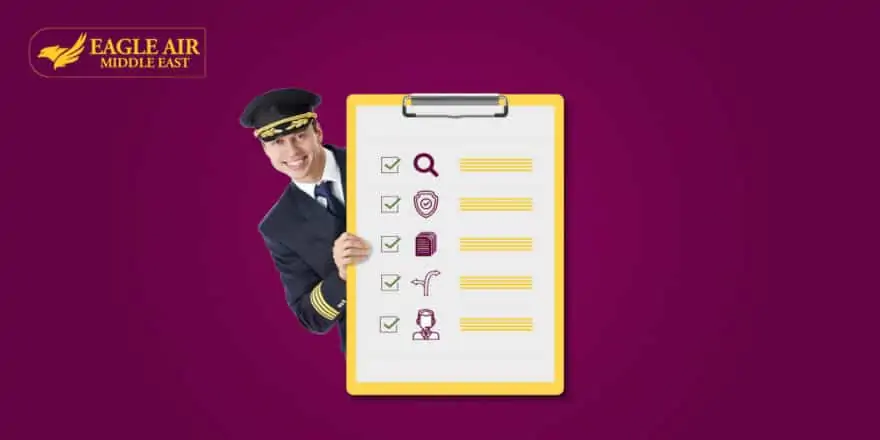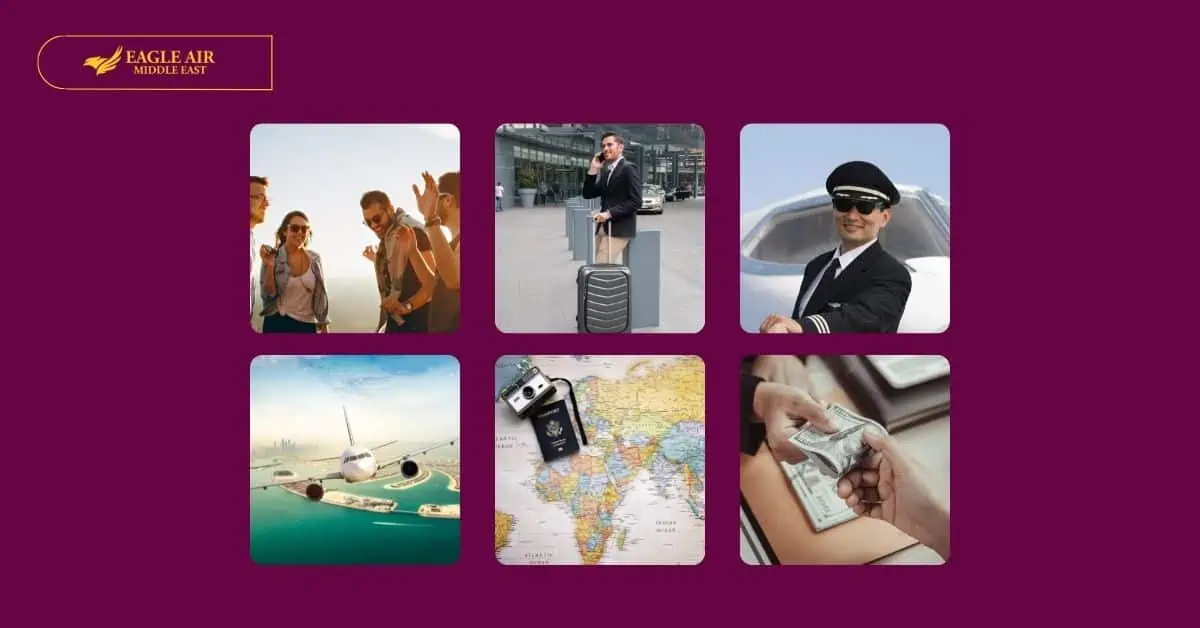Is the pilot responsible for flying the plane, or are there other tasks?
Professional pilots fly planes, helicopters, and other different types of aircraft.
There are many types of pilots, including airline pilots, for the benefit of individual companies, from the nature of their work to transport people and goods according to a specific schedule.
Commercial pilots work for companies that provide charter flights, carrying out a rescue or aerial photography.
Cockpit crew, co-pilot, or first officer, operate modern aircraft. They share responsibility for aviation duties such as directing the plane, communicating with air traffic controllers, and surveillance tools.
Pilot’s duties and responsibilities
- Performing aircraft inspections before and after flying.
- Choosing safe and efficient flight routes.
- Keep accurate documents for operating purposes.
- Communication with the required agencies and employees.
- Ensuring the safety and comfort of passengers, crew, and aircraft.
Daily pilot tasks
- Inform the crew about the flight details.
- Check out before take-off.
- Report any broken systems.
- Requesting take-off, landing, and follow-up with air traffic controllers.
- Fly the plane.
- Monitor all systems.
- Fill the plane’s Documentary.
- keep in touch with air traffic control and other aircraft.
- Switch tasks with the co-pilot to avoid burnout.
Pilot’s salary
According to the U.S. Bureau of Labor Statistics (BLS), the average wage for airline pilots and aviation engineers is as follows:
Average monthly salary: $ 11,695
The salary earned by the pilot may reach: $ 17,333
Skills and abilities needed to obtain a pilot’s job
1. Communication
You must have excellent communication and problem-solving skills and pay attention to detail.
2. Teamwork
Being able to work as part of a team is vital, in addition to working with your crew, you should also work with air traffic controllers and flight correspondents.
3. Management
To be able to prioritize tasks and projects.
4. Professionalism
It is essential to conduct a business way, professional manner, and ethical behavior at all times.
5. Adaptability
The ability to adapt to hours and working conditions.
Work hours
The aviation profession is flexible in working hours; it is not a job from nine in the morning until five in the evening. The length of the working day varies by company and route, and the length of each trip determines the number of hours. Some trips often differ depending on the way, starting in the early morning and sometimes late at night, and this is one of the fun features for pilots, as it allows them to see the world in its various times.
A quick summary of the advantages of the aviation profession
- Airline jobs will grow 12% in the next few years.
- Flexibility in working hours.
- Salary will increase continuously
- Pilots enjoy many benefits, such as visiting different places each period.



